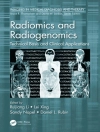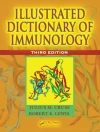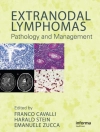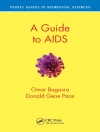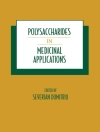In ’What a Young Wife Ought to Know, ’ Emma F. Angell Drake offers a unique perspective on marriage, motherhood, and women’s health in the early 20th century. Written in a straightforward, instructional style, the book serves as both a guide and a companion for young wives navigating the complexities of domestic life. Grounded in a progressive understanding of female sexuality and reproductive health, Drake’s work challenges the era’s prevailing conventions by advocating for informed choices and self-awareness, thus situating it within the broader context of women’s rights and the burgeoning feminist movements of her time. Emma F. Angell Drake was an influential educator and author, whose commitment to women’s education and empowerment profoundly influenced her writing. Her own life experiences, combined with her dedication to teaching young women, shaped her understanding of the challenges they faced in their intimate and familial relationships. Drake’s background in social reform and her engagement with emerging discourses on health and sexuality underscore her conviction that knowledge is essential for women’s autonomy and fulfillment in marriage. This insightful book is a must-read for those interested in the historical context of women’s rights and health issues. It not only illuminates the period’s societal norms but also resonates with contemporary discussions about marriage and empowerment. Readers will find Drake’s candid advice both relevant and inspiring, revealing timeless truths about relationships and personal responsibility.
Om författaren
Emma Frances Angell Drake (1849-1925) was an American physician, author, and reformer, who made significant contributions to the literature on women’s health and social issues of the early 20th century. Drake was born in Illinois and later graduated from the Boston University School of Medicine, thus embarking on a career that amalgamated her medical expertise with advocacy for women’s rights. In her literary pursuits, Drake’s notable work, ’What a Young Wife Ought to Know’ (1901), stands out as an emblematic text, mirroring the social mores and prevailing attitudes towards women’s sexuality and reproductive health. In this book, she delicately navigates the line between medical advice and moral discourse, reflecting the educational emphasis of the era for preparing women for the responsibilities of marriage and family life. While less remembered today, Drake’s contributions were part of a broader movement that sought to empower women through knowledge and to promote public health. Her literary style, encased within the socio-medical genre, often employed an accessible narrative to discuss complex issues, aiming to reach a broad audience of women seeking guidance in a rapidly changing society. Throughout her works, Drake maintained a clear, didactic tone, emblematic of her dual roles as an educator and a physician.


